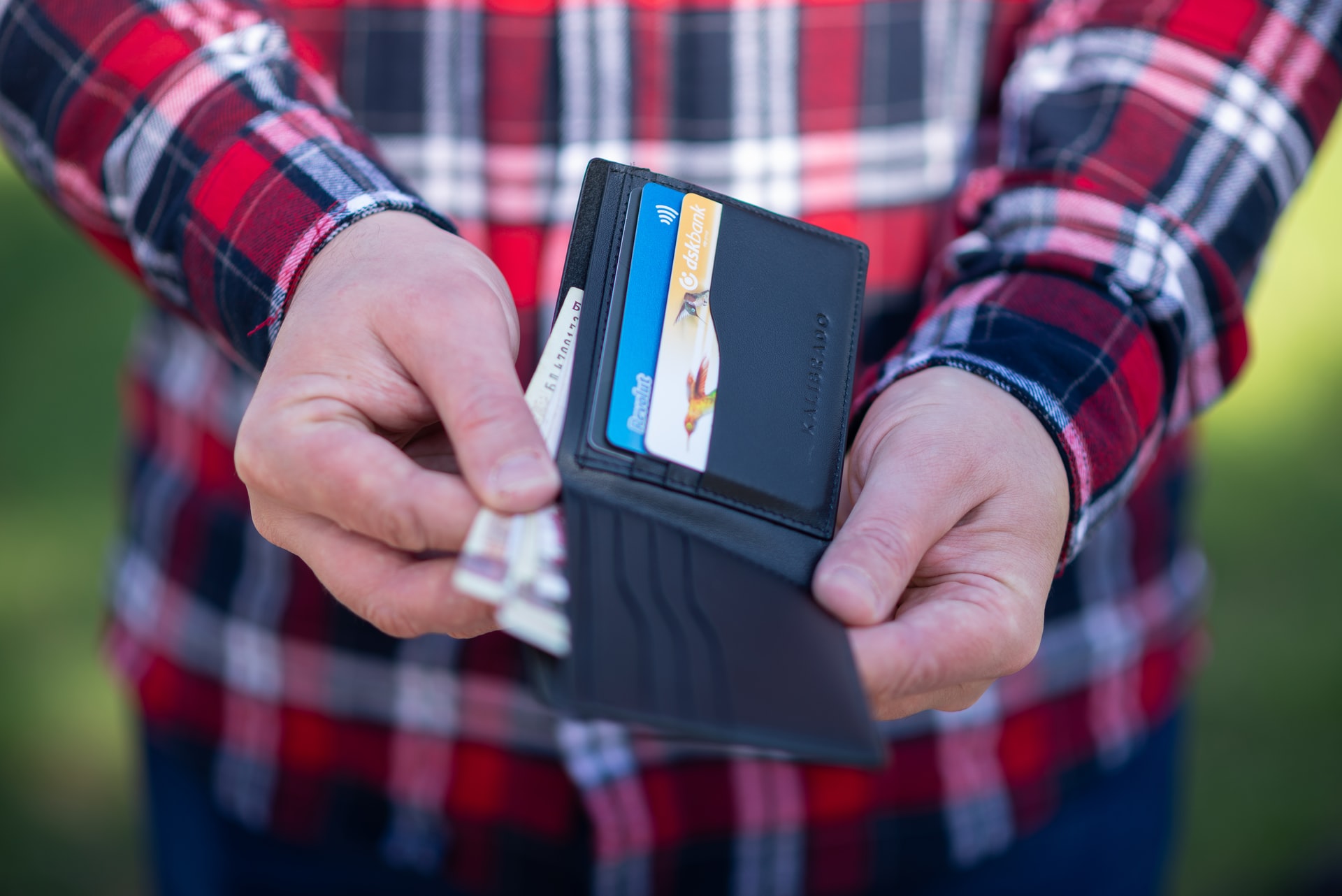Every year millions of Americans see their money and personal information fall into the wrong hands, and the consequences can be devastating.
To protect you and your good name, we’ve compiled a list of five things you shouldn’t keep in your wallet.
Social Security card
A thief would do anything to obtain your Social Security number and full name. These two items alone would be enough to begin damaging your credit.
Therefore, you should only bring your Social Security card when applying for a new job or getting a license in a new state.
You should keep the card in a safe, a lockbox, or a bank’s safety deposit box for the rest of the time.
Multiple credit cards
Keeping all your credit cards in your wallet is a bad idea. The more cards you carry, the more calls you’ll have to make to have them canceled if your wallet is lost or stolen.
It is advisable to carry one or two all-purpose credit cards and leave the others at home. You can also use your smart phone to store your credit cards.
In case you need to cancel your credit or debit card, keep a spreadsheet, make a photocopy of the front and back of the card you carry regularly and store it somewhere safe.
Excess cash
Having cash available is undoubtedly admirable, but too much cash should be avoided since it can make you an easy target for thieves, especially if you keep it in your wallet.
The next time you are about to make a purchase, and you sift through a wad of bills in your wallet, a crook might be watching you.
In the event that you lost your wallet and there is over $50 in it, it could be a significant financial hit for you.
Multiple gift cards
When considering what not to keep in your wallet, consider the number of gift cards that can accumulate, especially after the holidays.
By carrying several gift cards, you effectively are throwing them away if your wallet is lost.
Checks
Checks and deposit slips are among the items that should never be kept in a wallet.
You may not realize that these items contain a great deal of information about you, including your name, address, bank name, routing number, and bank account number.
This information could be used fraudulently if obtained by a criminal.


